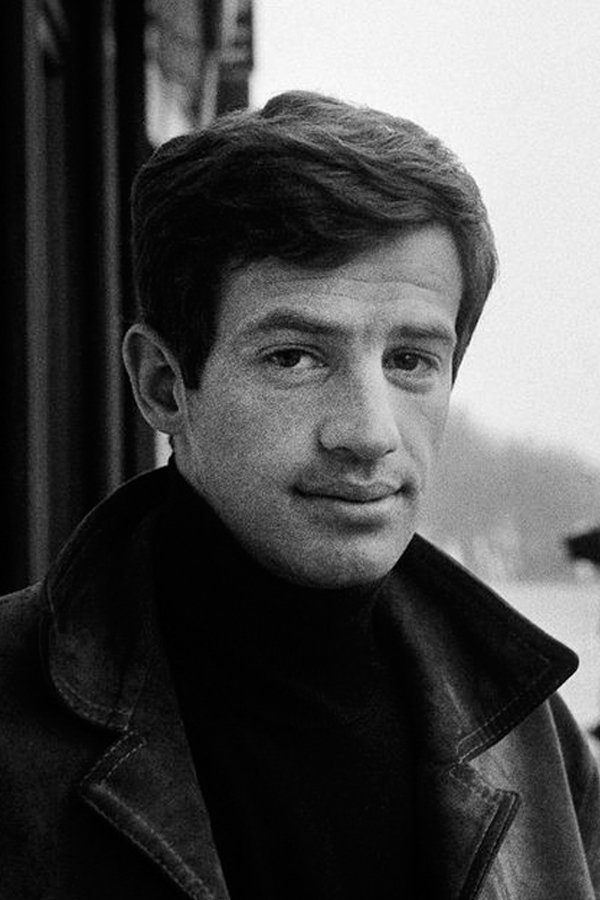
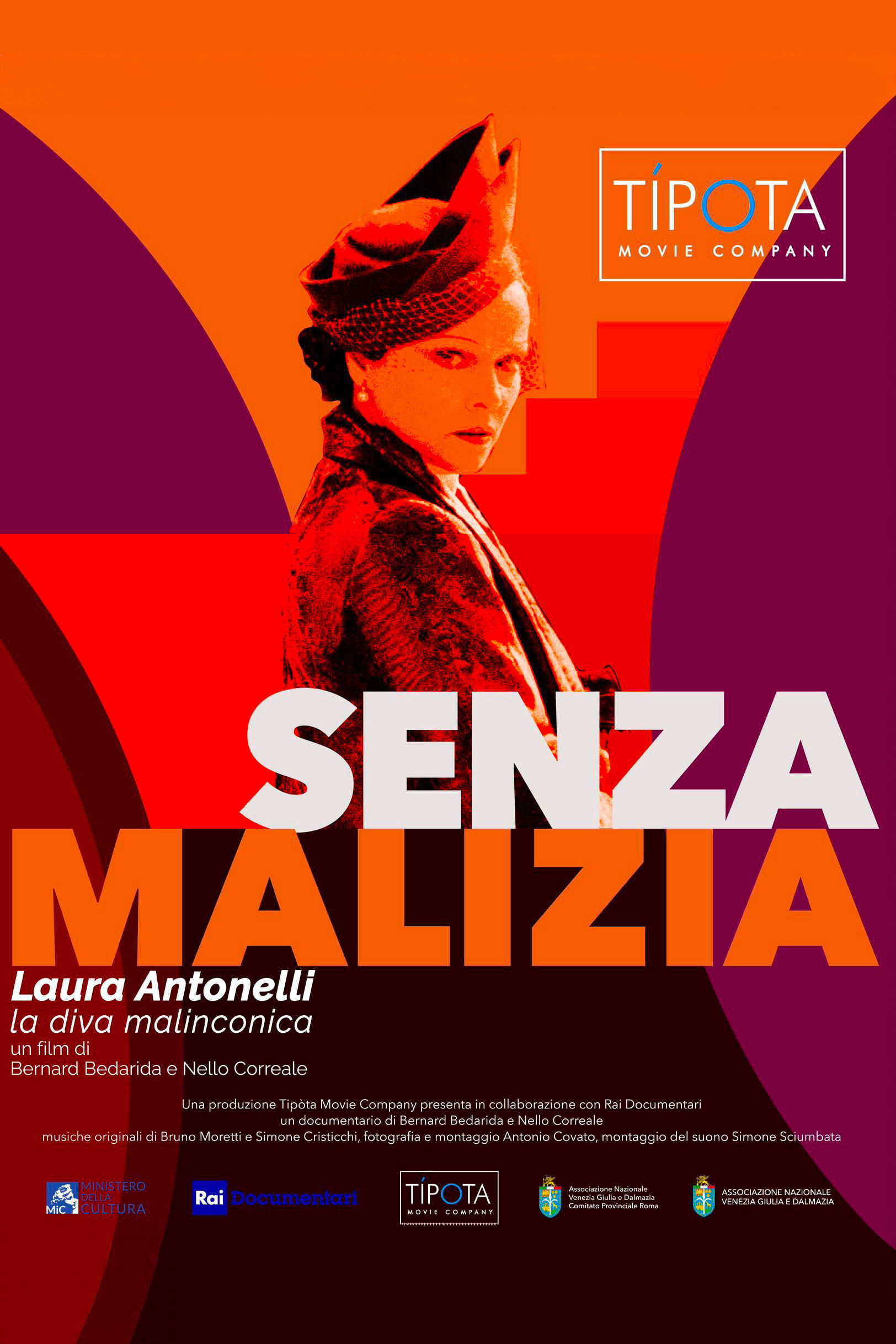
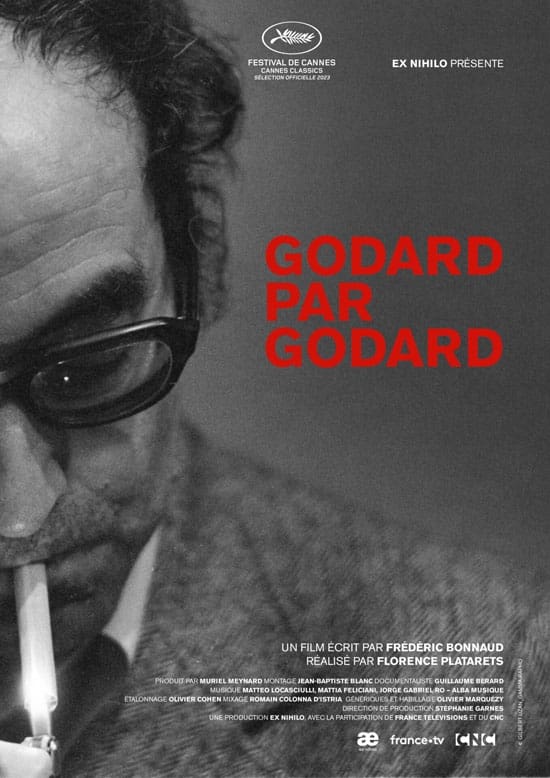
Godard by Godard is an archival self-portrait of Jean-Luc Godard. It retraces the unique and unheard-of path, made up of sudden detours and dramatic returns, of a filmmaker who never looks back on his past, never makes the same film twice, and tirelessly pursues his research, in a truly inexhaustible diversity of inspiration. Through Godard’s words, his gaze and his work, the film tells the story of a life of cinema; that of a man who will always demand a lot of himself and his art, to the point of merging with it.
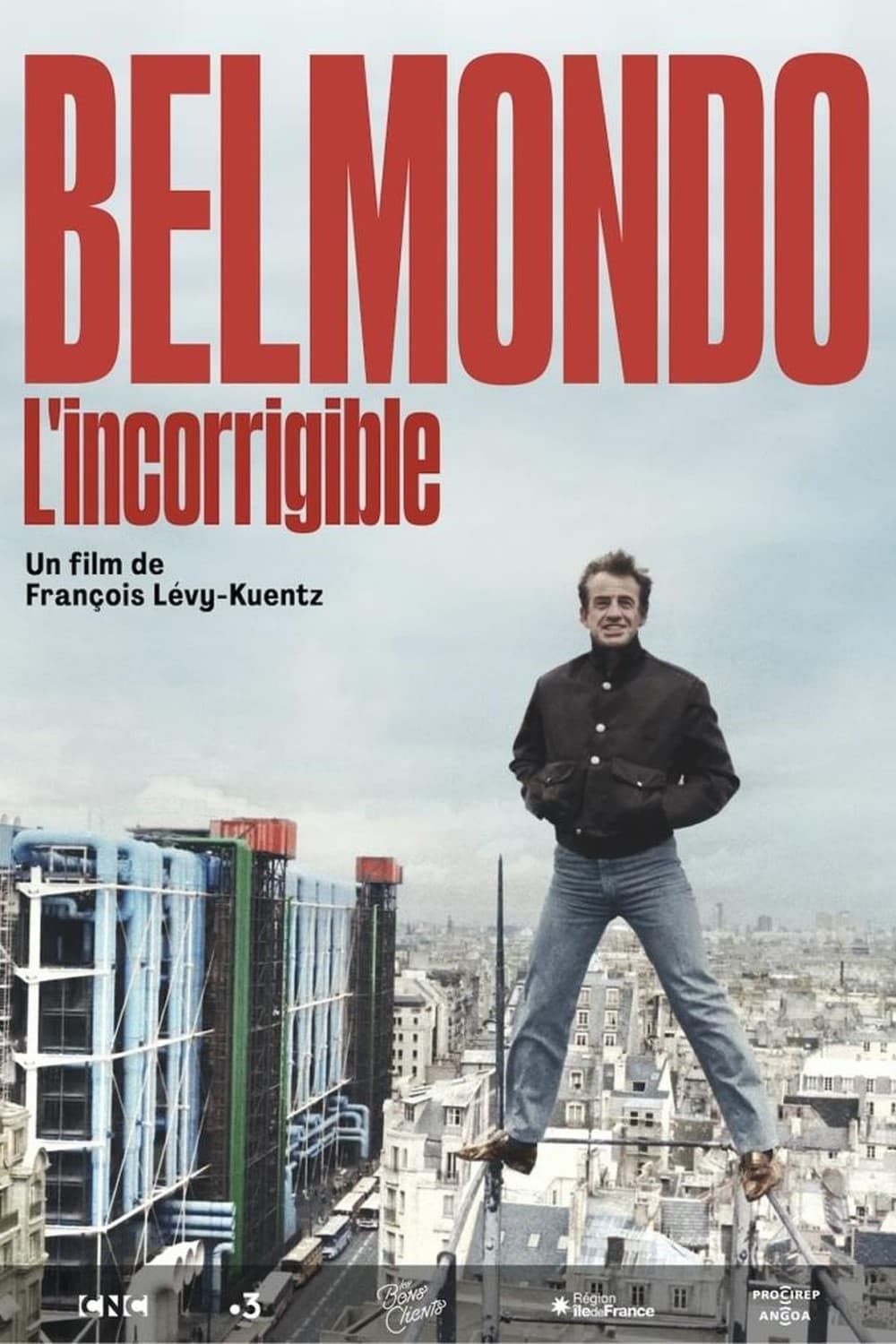
Charismatic and resourceful, seducer and daredevil, Jean-Paul Belmondo has always played his roles as he lived, at a thousand miles an hour. He had only one passion: to entertain the public with his smile, his naturalness, his energy, his stunts. But contrary to appearances, his destiny was full of pitfalls. This film lifts the veil on a founding childhood that allowed him to overcome many obstacles throughout his life thanks to the tutelary figures of his father and mother. Told from the inside with the help of his autobiography, interviews and unpublished archives, this epic story traces the career of this turbulent young actor who launched the New Wave in Breathless before becoming the popular Bebel, an indestructible and provocative vigilante. From film to film, this documentary paints an intimate portrait of a man who built himself up to reach the top: his triumphs but also his trials, his doubts, his secrets, his angers, his clowning, his disappointments or his personal dramas.

In May 1974, Valéry Giscard d'Estaing became President of the Republic and wanted to bring about a new era of modernity. One of his first decisions was to break up the ORTF with the creation of three new television channels: TF1, Antenne 2 and FR3. Three new public channels but autonomous and competing. It is a race for the audience which is engaged then, and from now on the channels will make the war! This competition will give birth to a real golden age for television programs, with variety shows in the forefront. The stars of the song are going to invade the living rooms of the French for their biggest pleasure. This unedited documentary tells the story of the metamorphosis of this television of the early 1970s, between freedom of tone, scandals, political intrigues and programs that have become mythical.
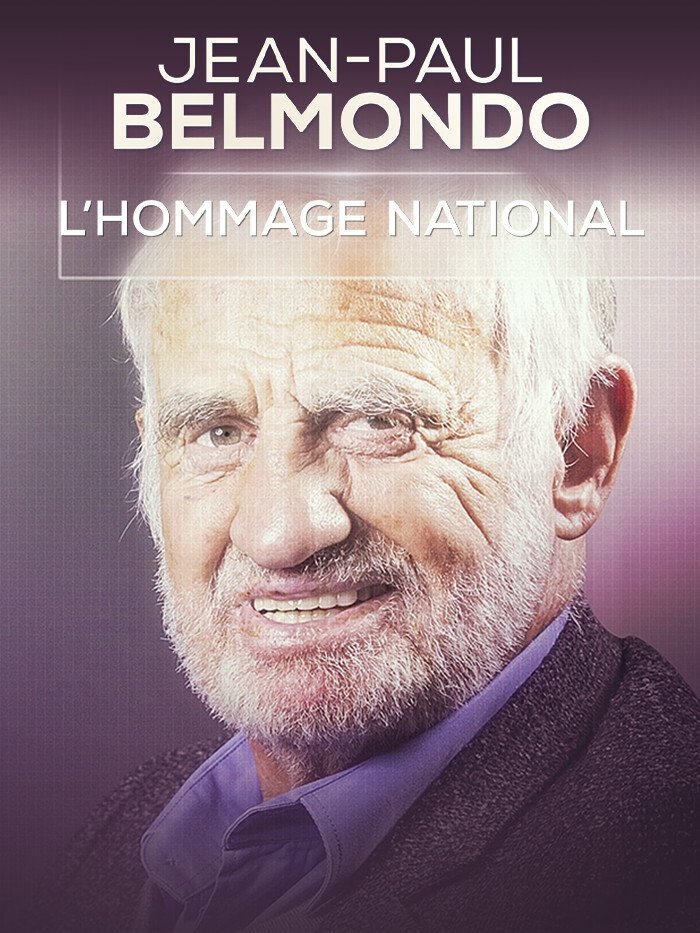
A ceremony celebrated in the courtyard of the Invalides, in the presence of the President of the Republic Emmanuel Macron, members of the Government, the actor's family and many personalities from entertainment and sport.
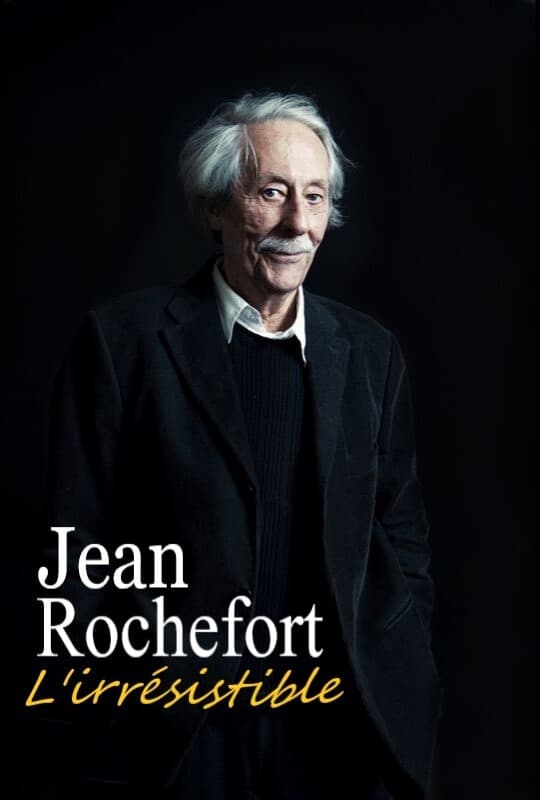
If Jean Rochefort remains so dear to our hearts, it is because this extraordinary actor alone embodies a cinema and a France imbued with freedom and carelessness. Through his films, archives and the testimony of those close to him, we discover a complex man, a sad clown saved by his taste for words and for fun.
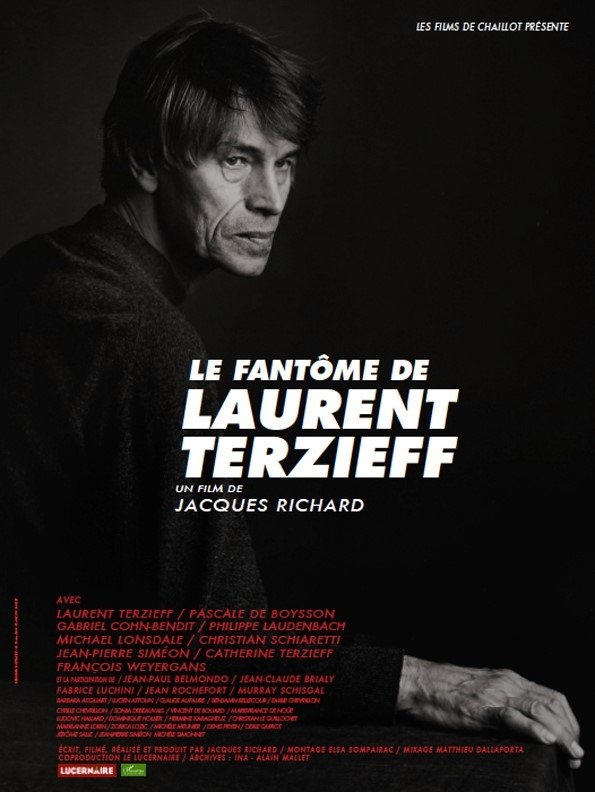
Laurent Terzieff was more than a good actor, after having been a real "star" in the cinema, through his professional choices, he gradually became a real "conscience of the theater", so much had he thought about his art. He received six Molière awards and was always unanimously praised by his peers. “THE GHOST OF LAURENT TERZIEFF” is a daring portrait, as it explores in depth “the secrets of a soul” and the atypical journey of the actor.
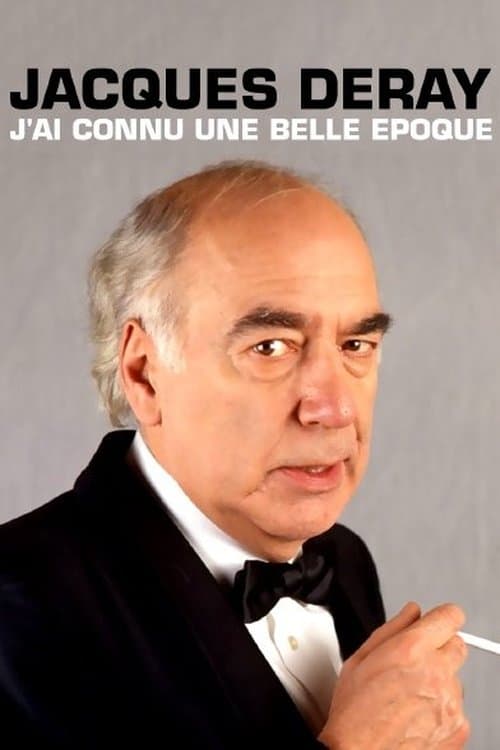
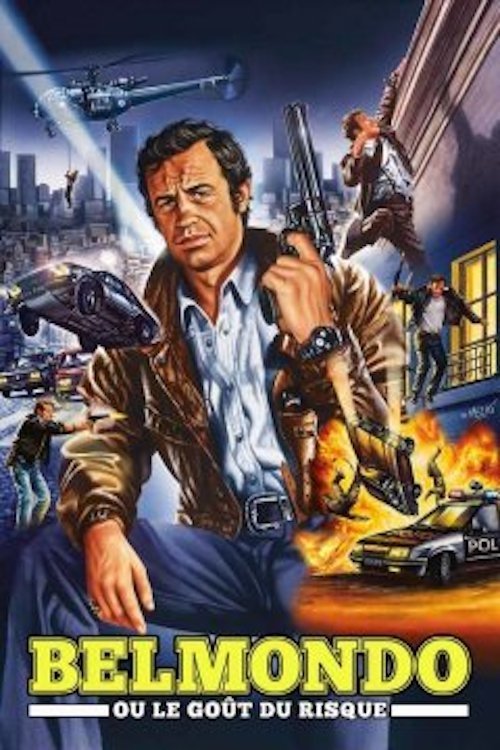
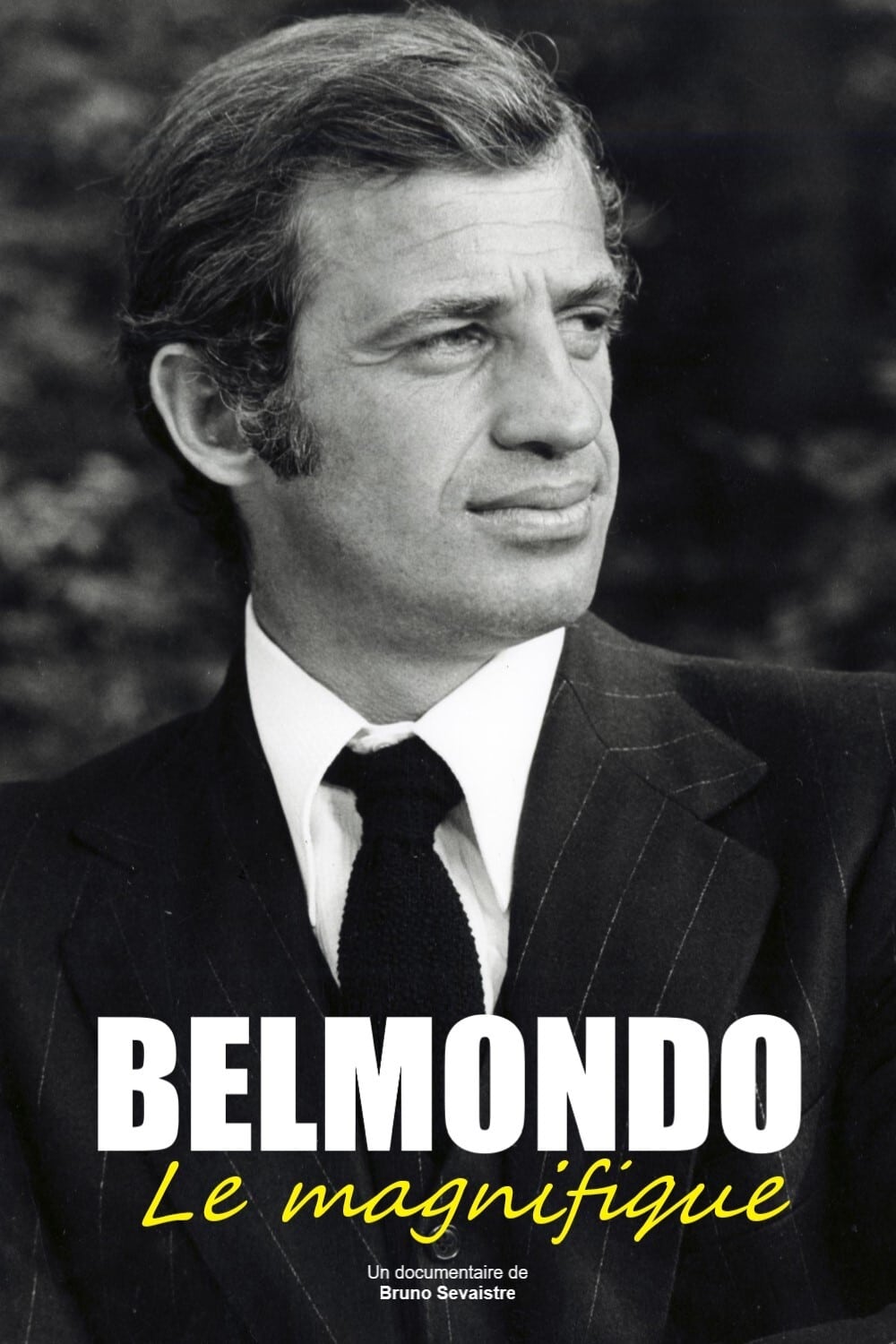
With more than 70 films and 160 million cumulative tickets in France, Jean-Paul Belmondo is one of the essential stars of French cinema.
Jean-Paul Belmondo (born 9 April 1933 – 6 September 2021) was a French actor initially associated with the New Wave of the 1960s. Born in Neuilly-sur-Seine, Hauts-de-Seine, west of Paris, Belmondo did not perform well in school, but developed a passion for boxing and football. Belmondo made his amateur boxing debut on 10 May 1949 in Paris, France, when he knocked out Rene DesMarais in one round. Belmondo's boxing career was undefeated, but brief. He won three straight first round knockout victories from 1949 to 1950. His breakthrough role was in Jean-Luc Godard's Breathless (1960), which made him a major figure in the French New Wave. Later he acted in Jean-Pierre Melville's philosophical movie Leon Morin, Priest (1961) and in Melville's film noir crime film The Fingerman (Le Doulos, 1963) and Godard again with Pierrot le fou (1965). With That Man From Rio (1965) he switched to commercial, mainstream productions, mainly comedies and action films but did appear in the title role of Alain Resnais' masterpiece Stavisky (1974), which some critics regard as Belmondo's finest performance. Until the mid-1980s, when he ceased to be one of France's biggest box-office stars, Belmondo's typical characters were either dashing adventurers or more cynical heroes. As he grew older, Belmondo preferred concentrating on his stage work, where he encountered success. He suffered a stroke in 2001 and had since been absent from the stage and the screen until 2009 when he appeared in Un homme et son chien (A man and his dog) which was his last performance. Belmondo died on 6 September 2021 at his home in Paris, after a period of ill health, at the age of 88. Description above from the Wikipedia article Jean-Paul Belmondo, licensed under CC-BY-SA, full list of contributors on Wikipedia.
By browsing this website, you accept our cookies policy.